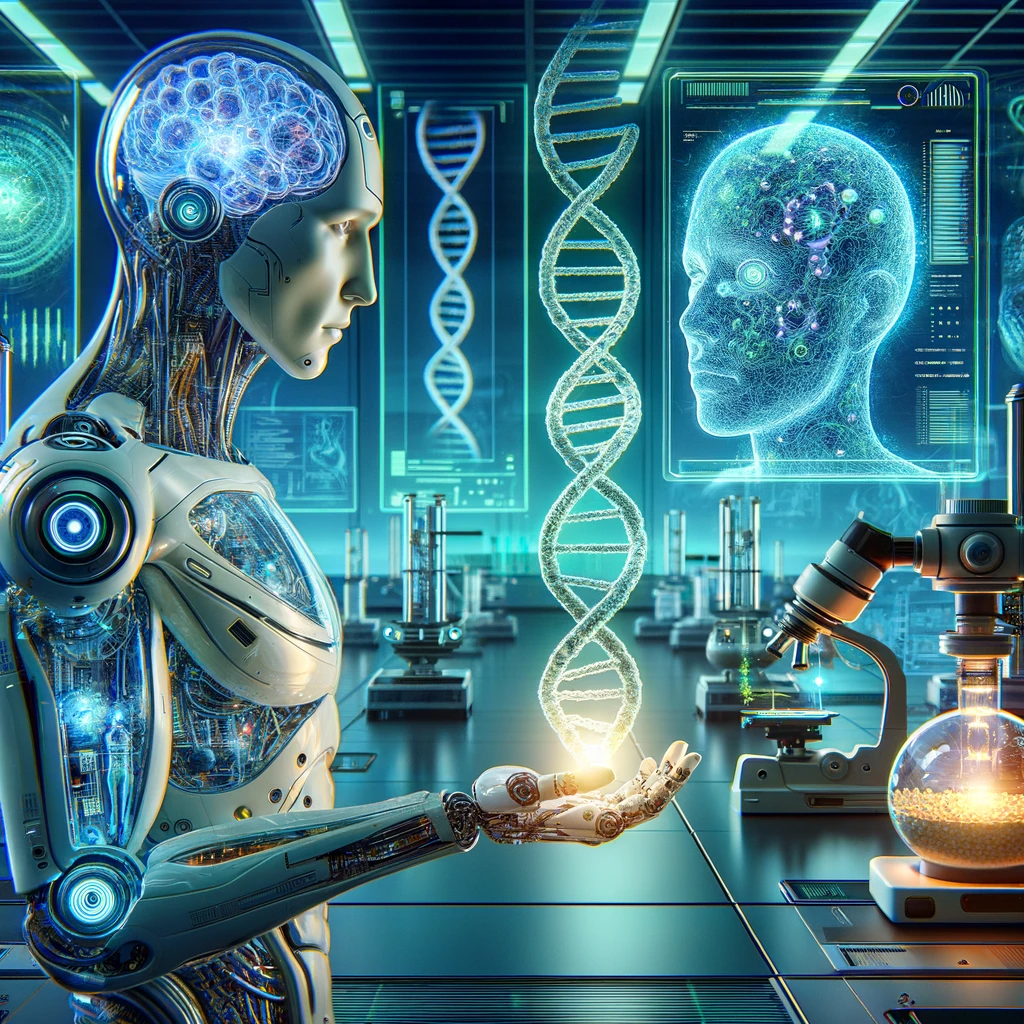
Introduction
Biomedical engineering and artificial intelligence (AI) are two interconnected fields that hold immense potential in contributing positively to the healthcare industry. This article evaluates the application of AI in medicine and explore how it can enhance diagnosis, treatment and personalized care. By analyzing a comprehensive range of articles published between 2003 and 2023, we aim to shed light on the aspirational quality of AI in healthcare.
Analyzing and Processing Medical Data
One of the key strengths of AI lies in its ability to analyze and process vast amounts of medical data. By utilizing machine learning algorithms, a subset of AI, patterns and relationships in data can be identified. This would be challenging for humans to discern. This capability has significant implications for improving diagnosis, treatment, and personalized care.
Enhancing Medical Imaging and Analysis
By leveraging AI algorithms, medical images can be analyzed with greater accuracy and efficiency. This not only aids in the early detection of diseases but also enables healthcare professionals to make more informed decisions regarding treatment options. AI can assist in the development of predictive models for disease diagnosis and therapeutic response, improving health outcomes
Ethical Considerations and Legal Framework
It is crucial to establish ethical guidelines and a legal framework to ensure its responsible use. AI should be seen as a complementary tool to traditional medicine, rather than a replacement. Addressing concerns related to privacy, data security, and bias will be essential in gaining public trust and acceptance of AI in healthcare.
Training and Education for Healthcare Professionals
To successfully integrate AI into healthcare, it is imperative to provide adequate training and education to healthcare professionals. This will enable them to effectively utilize AI tools and technologies, ensuring optimal patient care. By equipping healthcare professionals with the necessary skills, we can harness the full potential of AI in transforming healthcare delivery.
Conclusion
The intersection of biomedical engineering and AI holds immense promise for the future of healthcare. Through the analysis and processing of medical data, AI has the potential to transform diagnosis, treatment, and personalized care. However, it is crucial to establish ethical guidelines, a legal framework, and provide training and education to healthcare professionals to ensure the responsible and effective integration of AI in healthcare. By doing so, we can unlock the full potential of AI and improve patient outcomes on a global scale.
